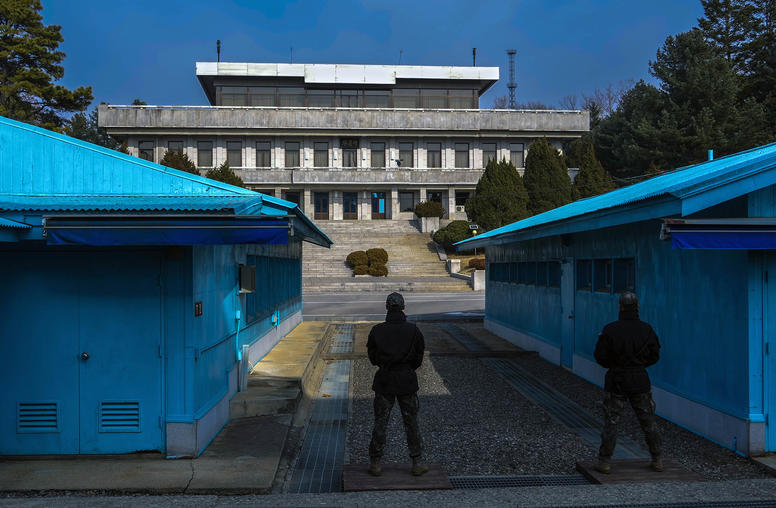Back from the Brink? Prospects for Inter-Korean Dialogue, Past and Present
The North Korea International Documentation Project, in cooperation with the United States Institute of Peace and the Wilson Center's Asia Program, cordially invites you to attend a panel discussion on inter-Korean relations.
The inter-Korean dialogue of 1971-1972 marked the first significant thaw between the rival regimes on the peninsula. To this day, the July 4th North-South Joint Communique of 1972 is considered a milestone in inter-Korean relations. Drawing upon newly declassified documents from the archives of Romania, (East) Germany, Bulgaria, South Korea, and North Korea, scholars Bernd Schaefer, Jongdae Shin, and Sunwon Park will examine the lessons of the first breakthrough on the peninsula, and apply them to the recent warming of relations and renewed dialogue.
Speakers
- Bernd Schaefer
Senior Scholar, Cold War International History Project, Woodrow Wilson Center - Jongdae Shin
Visiting Scholar, Woodrow Wilson Center - Sunwon Park
Northeast Asia Energy and Security Visiting Fellow, The Brookings Institution - John Park, Moderator
Senior Research Associate and Director of the Korea Working Group, U.S. Institute of Peace



